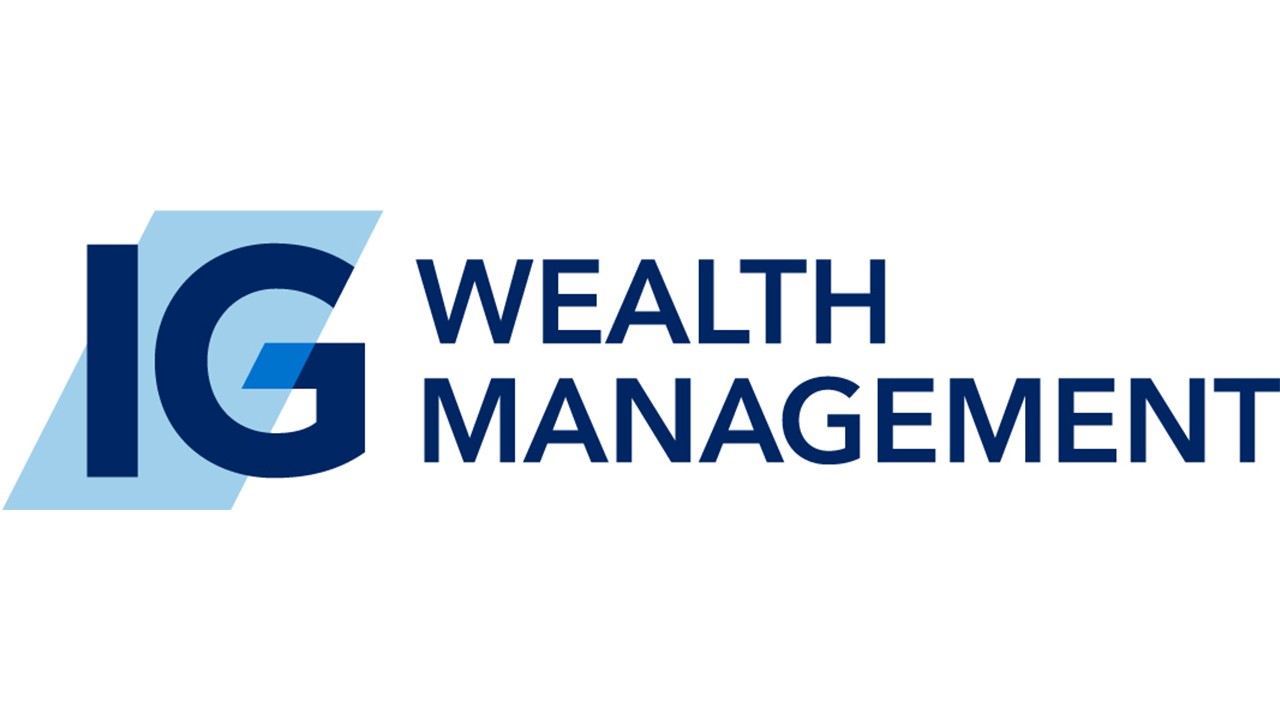Sponsored Content
How working with a financial advisor can help you achieve your long-term goals in any market
Advertisement
Read this article for free:
or
Already have an account? Log in here »
To continue reading, please subscribe:
Monthly Digital Subscription
$0 for the first 4 weeks*
- Enjoy unlimited reading on winnipegfreepress.com
- Read the E-Edition, our digital replica newspaper
- Access News Break, our award-winning app
- Play interactive puzzles
*No charge for 4 weeks then price increases to the regular rate of $19.95 plus GST every four weeks. Offer available to new and qualified returning subscribers only. Cancel any time.
Monthly Digital Subscription
$4.99/week*
- Enjoy unlimited reading on winnipegfreepress.com
- Read the E-Edition, our digital replica newspaper
- Access News Break, our award-winning app
- Play interactive puzzles
*Billed as $19.95 plus GST every four weeks. Cancel any time.
To continue reading, please subscribe:
Add Free Press access to your Brandon Sun subscription for only an additional
$1 for the first 4 weeks*
*Your next subscription payment will increase by $1.00 and you will be charged $16.99 plus GST for four weeks. After four weeks, your payment will increase to $23.99 plus GST every four weeks.
Read unlimited articles for free today:
or
Already have an account? Log in here »
Hey there, time traveller!
This article was published 18/11/2022 (1149 days ago), so information in it may no longer be current.
November is Financial Literacy Month, however, the majority of Canadians (nearly 70 per cent) feel like they aren’t financially healthy. And it’s no wonder, either. With phrases like market volatility, inflation, interest rates and even recession looming large in news articles and reports all over. Planning for your financial future is a long-term game, and as such, it requires the right kind of expertise. That’s where a trained and experienced financial advisor comes in.
A recent study conducted by IG Wealth Management and Pollara Strategic Insights revealed that many Canadians are feeling overwhelmed and uncertain due to current market conditions and dramatic fluctuations. Almost half of Canadians (46 per cent) expect advice from their banks, but less than a third (29 per cent) say they actually receive such service. Relying only on a bank for financial recommendations means there is the potential to miss out on other important aspects that comprise a well-rounded financial plan. People who work with a qualified financial advisor, on the other hand, are 28 per cent more confident navigating the current market conditions than those who do not.

“Financial confidence is the foundation for building overall financial well-being, and that’s our ultimate goal for all Canadians,” says Christine Van Cauwenberghe, Head of Financial Planning for IG Wealth Management. “The key is dealing with an advisor who is capable of taking a more holistic approach to your finances. When you’re doing financial planning, it’s not just about your investment portfolio, you want to look at things like risk protection; do you have enough life, disability and critical illness insurance? Have you looked at your tax situation? Maybe you’re not claiming all the proper tax credits.”
“Ensure that you have a goal-based financial plan. A lot of people have an investment portfolio or a bank account and are aware of the dollar figure in that portfolio, but they don’t really know if that amount of money will be enough to meet their goals,” she explains.
How much money you will need to retire comfortably depends on your lifestyle expectations and spending patterns as well. Van Cauwenberghe also suggests stress testing your plan to see if it will hold up if the going gets rough.
“People get uneasy when they see fluctuations in the market, but if you have a long-term approach, to a certain degree, having a market downturn, can be a bit of an opportunity,” Van Cauwenberghe says. “If all you’re concerned about is the fact that your original investments have gone down, it can be upsetting, and then people make rash decisions and sell at the worst possible times.”
A qualified financial advisor has the understanding and experience to adjust your plan as needed without jeopardizing your long-term financial well-being.
“A lot of people just focus on a number and that doesn’t show the complete picture,” says Van Cauwenberghe. “The benefit of working with financial advisors is that they take a more comprehensive, long-term approach. If you can look at things more holistically, you’re more likely to get the peace of mind that you need.”
Speak to your financial advisor today to find out how you can get more from your financial plan.

This article is produced by the Advertising Department of the Winnipeg Free Press, in collaboration with IG Wealth Management



